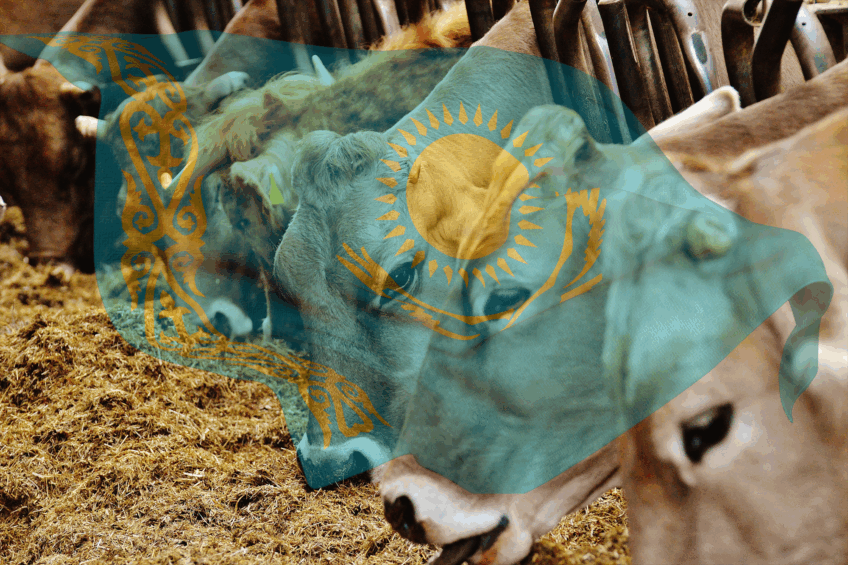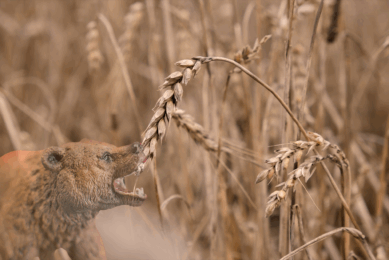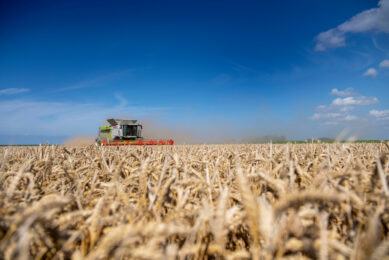Massive Chinese imports trigger feed meal production boom in Kazakhstan

Kazakhstan is expanding the production of feed meal, a product comprising 80% wheat meal and around 20% barley and other grain meal, which is now in high demand in neighbouring regions of China, Evgeniy Karabanov, head of the analytical committee at the Kazakhstan Grain Union, told local press.
Since the beginning of the year, Kazakhstan has exported almost 1.5 million tonnes of feed meal, representing a 90% increase over the previous year.
Exports are picking up the pace. In May, sales reached a record 246,000 tonnes, 20% higher compared to April. According to Karabanov, China accounts for 98% of Kazakhstan’s feed meal exports.
Room for further growth
Amid booming trade, the Kazakhstan Grain Union has recently revised its forecast for feed meal exports in 2025 upward from 1.55 million to 1.85 million. The growth potential in this area is far from hitting the ceiling, as Karabanov estimated. Next year, the deliveries could jump to 2.5 million tonnes, provided the segment faces no administrative restrictions.

Feeding neighbouring regions
Feed meal is the key ingredient used for the production of feed for livestock and poultry in China, Karabanov said.
The significant remoteness of Northwest China, particularly the Xinjiang Uyghur Autonomous Region, from the main centres of grain production in China makes the import of feed meal from Kazakhstan economically justified, he said.
In addition, feed meal imports to China are not subject to duties, unlike wheat, for which the duty on imports above the state quota is 65%, Karabanov said.
Expanding industry
Massive sales to China have already triggered a boom in the Kazakhstan feed meal production segment.
Establishing grain processing capacities is relatively straightforward, and this business offers a relatively quick return on investment now.
“The construction of these plants is carried out quickly, and they are not distinguished by great technological complexity and capital intensity. In addition to Kazakhstani companies, Chinese companies are investing in feed meal production in the country,” Karabanov said.
On average, 2-3 new plants for the processing of grain into feed meal are being launched in the country every month, Karabanov said.
Wheat shortage
Remarkably, Kazakhstan, a prominent wheat exporter, has started experiencing difficulties in securing sufficient wheat to fulfil its existing obligations and maintain the pace of growth in feed meal deliveries to China.
According to Karabanov, Kazakhstan may need to start purchasing wheat in the neighbouring Russian regions to expand feed meal exports in the second half of 2025.











